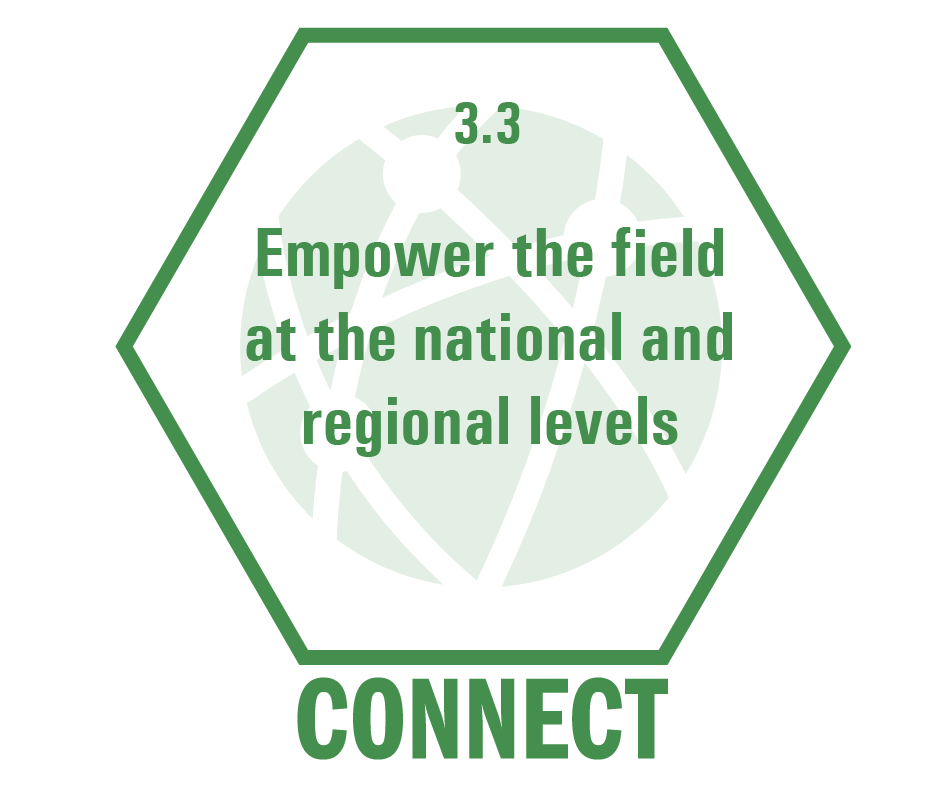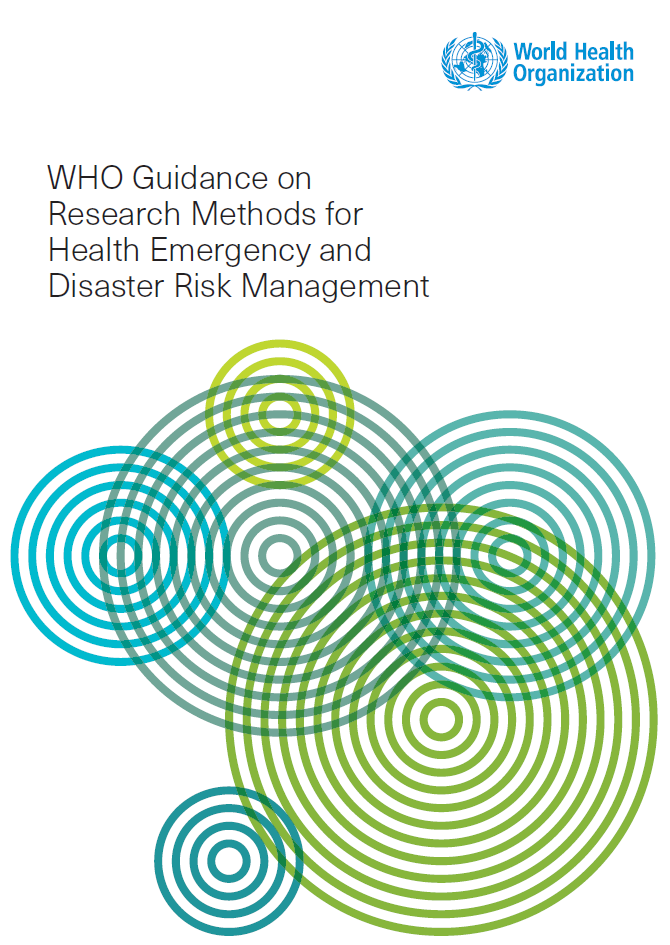IFLA celebrates World Evidence-Based Healthcare Day
20 October 2020

World Evidence-Based Healthcare Day, marked during Health Literacy Month, is an opportunity to highlight the impact of poor health literacy, which seriously hampers global healthcare efforts.
The theme for this inaugural year is ‘From Evidence to Impact’. And IFLA’s Health and Biosciences Libraries Section (HBS) and its sponsored Special Interest Group: Evidence for Global and Disaster Health (E4GDH) are working diligently in this direction.
Aligned with the IFLA Strategic Key Initiative 3.3, these IFLA Units are committed to working with partners, advocating for the critical roles that healthcare librarians can play and providing tools, methods and resources for professional development.

Everyone needs access to reliable, relevant, and timely healthcare information, in an easy language that they can understand, to protect their own health and the health of others. And libraries have a critical role to play towards improving both access to and the quality of available evidence, thus building everyone’s health literacy.
Celebrating two unique health literacy publications
 Published in September 2020 by the World Health Organization (WHO), the Guidance on Research Methods for Health Emergency and Disaster Risk Management (EDRM) is the first textbook on research methods for Health EDRM and a living reference document which will be updated for 2021.
Published in September 2020 by the World Health Organization (WHO), the Guidance on Research Methods for Health Emergency and Disaster Risk Management (EDRM) is the first textbook on research methods for Health EDRM and a living reference document which will be updated for 2021.
The E4GDH SIG Convenor and the Evidence Resource lead contributed to the chapter ‘How to identify and access reports of existing research’. This chapter outlines best practices for information retrieval, facilitating retrieval of better evidence for decision making, whilst also advocating for the role of librarians as providers of “expert professional assistance or advice”.
This publication was followed in October by the release of the HBS-sponsored IFLA book, Growing Community Health Literacy through Libraries. This book shares global perspectives from 27 authors in 15 chapters that cover the work of public, medical and academic libraries. Its release in October 2020 has been timely, as everyone in the world has been directly impacted by the COVID pandemic.
It is now more important than ever for everyone to have skills in health literacy. And many of these skills are delivered by librarians skilled in guiding people to the right information.
Celebrating joint webinar series on health literacy
Focusing on themes related to the impact of the COVID-19 pandemic, the importance of evidence has been underlined by the first two webinars in the HBS and E4GDH joint series.
- Webinar: Combating digital health inequality in the time of coronavirus
The pandemic has highlighted, as never before, the importance of having access to the internet, including access to reliable health information, when many vulnerable community groups -older and socially disadvantaged people- are least likely to be online. In this webinar, Bob Gann described how community organisations, including libraries, have worked to support people who might otherwise be excluded. Featured examples included the 100% Digital Leeds initiative, an excellent example of libraries collaborating with other agencies, providing access to technology and building both digital skills and digital health literacy.
- Webinar: Librarians supporting humanitarian information efforts
Bethany McGowan shared her experience of open mapping with the Humanitarian OpenStreetMap Team (HOT). HOT currently focuses on improving the availability and reliability of data in some under-mapped COVID-19 hotspots. Jo Wood then described how librarians help health care providers and decision makers navigate the rapidly growing expanse of coronavirus-related literature, drawing on her time with EvidenceAID. In addition to that, health care librarians contributed to the development of summaries of high-quality systematic reviews related to COVID-19, which form the Evidence Aid COVID-19 Evidence Collection — available in English and seven other languages.
Celebrating skills development and future planning
Looking ahead to June 2021, the 13th International Congress of Medical Librarians (ICML) will be coming to the African continent for the first time, in partnership with the Association for Health Information and Libraries in Africa (AHILA). With less than ten years to achieve the UN Sustainable Development Goals, the theme A call for action: Engaging to save lives highlights the contributions that medical librarians and other information professionals are making.
This joint international conference provides an excellent platform for building capacity and strengthening the evidence-informed practice of participants through coordinated workshops and continuing professional development sessions. As friends of the event, HBS and E4GDH are supporting this event.
Heather Todd, HBS Chair, outlined the impact of the Units’ work:
On World Evidence-Based Healthcare Day, fittingly set during Health Literacy Month, there is much to celebrate in the recent achievements of IFLA E4GDH SIG and HBS. From strengthening our own evidence-informed practice as librarians and information professionals, to providing support to enhance the health and information literacy skills of the wider population; from advocating to improve the availability of good quality evidence through librarians engaging with open mapping to showcasing their work developing rapid evidence reviews.”
Read more about the IFLA Strategy 2019-2024
How is your library or library association engaging with the IFLA Strategy? Let us know! Post on your social media, using the hashtag #IFLAStrategy and #WeAreIFLA or send an email to Despina Gerasimidou, IFLA’s Strategic Development Officer at despina.gerasimidou@ifla.org.
